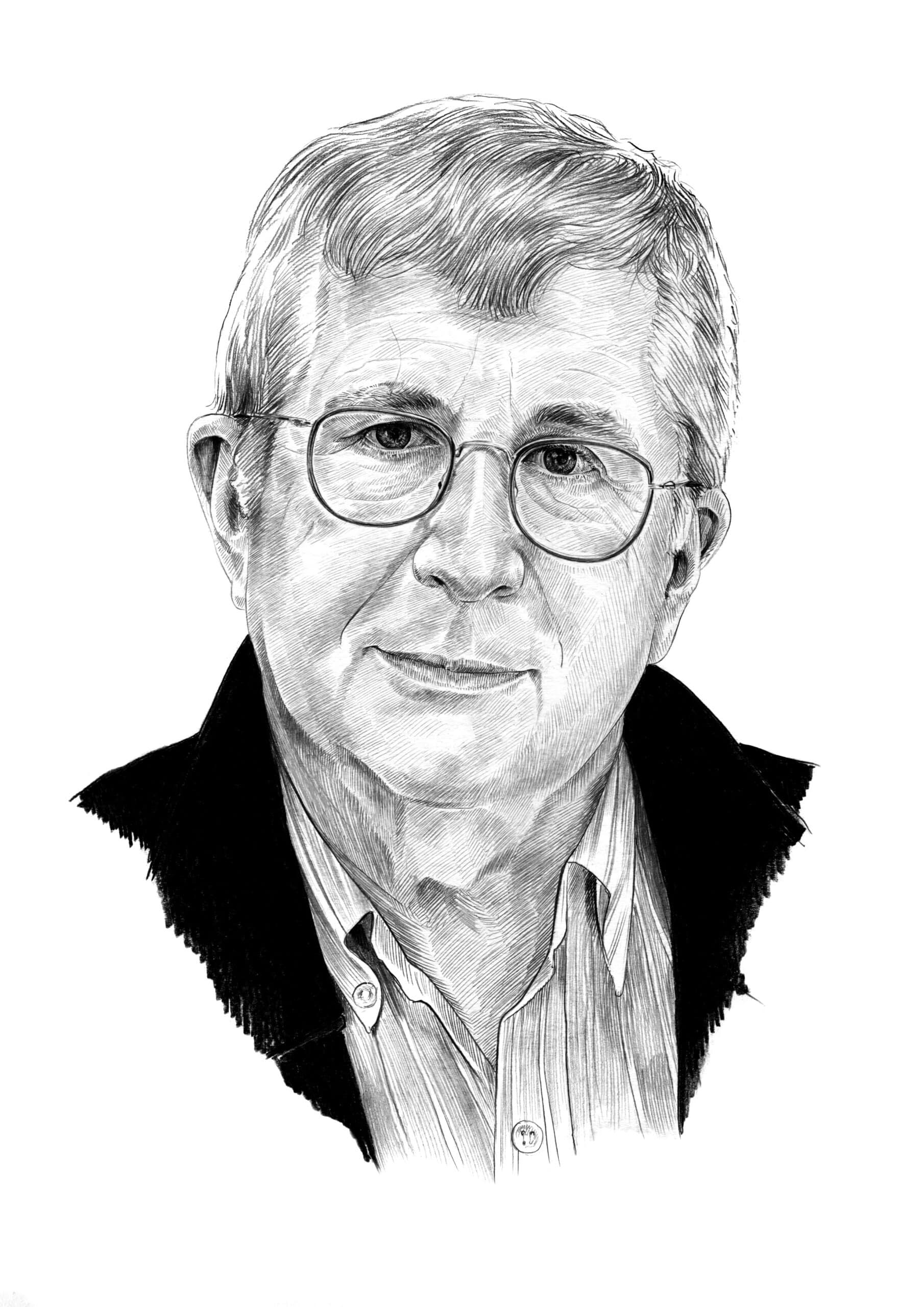

Barry Naughton, the So Kwan Lok Chair at UC San Diego, recently provided insights into China's economic policies under President Xi Jinping, particularly in light of the recent stimulus measures announced during the December 2024 Central Economic Work Conference [282c4284]. Naughton characterized Xi's economic approach as one that prioritizes high-tech development over traditional bailouts, reflecting a significant shift in policy focus [282c4284]. He highlighted the ongoing challenges posed by sluggish economic growth, warning of a potential 'Japanification' scenario where the economy stagnates for an extended period [282c4284].
Naughton emphasized that Xi's administration is increasingly focused on high-quality growth metrics as established by the National Bureau of Statistics, which marks a departure from previous growth-at-all-costs strategies [282c4284]. He noted China's advancements in green technology sectors, which are seen as crucial for sustainable development [282c4284]. However, he critiqued the current macroeconomic policies as ineffective, pointing out issues related to the misallocation of resources and the looming threat of structural unemployment [282c4284].
Additionally, Naughton reflected on the implications of China's shift away from globalization, expressing concern over rising nationalism and the potential for economic decoupling from the United States [282c4284]. This analysis complements the ongoing discussions about China's industrial policy and economic future, as highlighted by economist Lin Yifu, who has been under pressure to meet his predictions regarding China's technological advancements [5db25d30]. Together, these perspectives provide a comprehensive view of the current state of the Chinese economy and the challenges it faces moving forward.